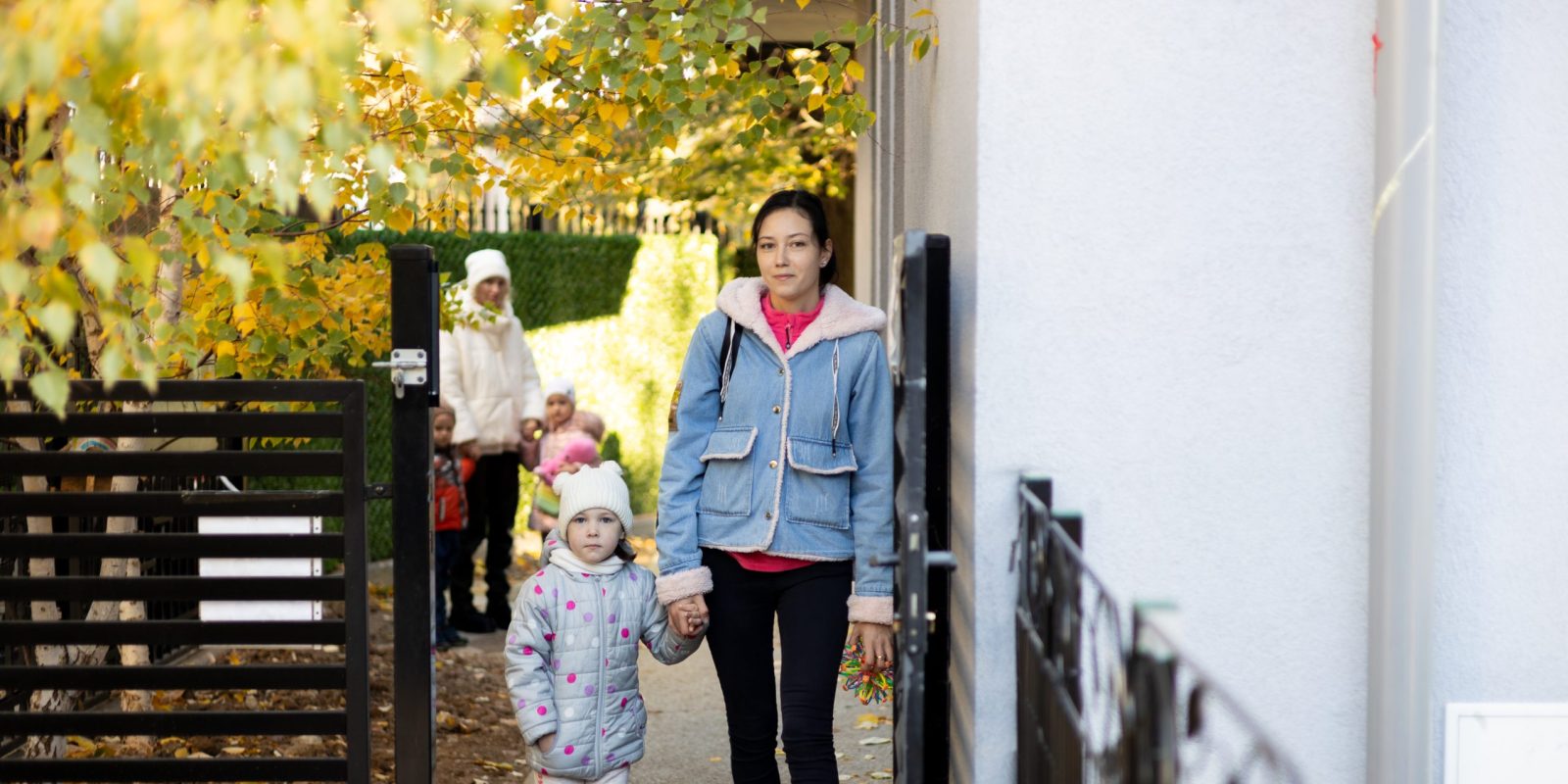
Brussels, 16 December 2013 – In 2012, Syria was the largest source of new asylum applications in the EU. From January to August 2013 alone there were 20,000 new asylum applications from Syrians. Still, this is a tiny fraction compared with the 2.2 million refugees in Syria’s neighbouring countries.
A new report by the European Council on Refugees and Exiles (ECRE), of which JRS Europe is a member, reveals that the conditions they experience in Europe depend very much on which country they are in.
According to ECRE, getting to a European country as a refugee is extremely difficult because there are few legal and safe ways for people to travel.
In recent months, Greek border authorities have pushed back boats of Syrian refugees in the Aegean Sea to Turkey without giving people a chance to apply for asylum. Many refugees allege being severely mistreated and tortured by Greek guards.
Bulgaria, the EU’s poorest member state, has struggled to deal with a large increase in migrants – including many Syrian refugees – who have arrived in the last year. Nearly ten thousand asylum seekers have overwhelmed a system that is equipped to handle only one thousand. As a result, people are living in abysmal conditions in Bulgaria.
Rules for reuniting with families also differ across Europe. In most cases, Syrian refugees in Denmark can bring family from Syria without providing formal legal documents. Other states, such as Hungary and Belgium, require that Syrians present valid travel documents and authorised legal papers that are very difficult to obtain for people who are fleeing from war.
The most telling difference is the way in which particular EU countries have opened their doors to Syrian refugees. Germany has publicly committed to taking in 5,000 refugees via a humanitarian admission programme. Sweden grants permanent residence permits to any Syrian refugee.
For these reasons, both countries have taken in the most Syrian refugees in Europe. Meanwhile, while other EU countries have promised to take in more, few have actually done so.
EU states can do much more to help Syria’s refugees, says JRS Europe’s Philip Amaral. “Governments can relax visa restrictions for Syrians and make it easier for families to reunite in Europe”, he says.
Above all, EU countries have to provide safe and legal channels for Syrian refugees to be able to get to Europe.
“Protection systems within Syria’s neighbouring countries have reached their limits”, argues Mr Amaral. “Many are living in refugee camps, but countless others are living in destitute in Amman and Beirut. There they have no future; their kids cannot go to school, and families cannot sustain themselves”, he says.
“EU governments can help by opening up channels for humanitarian admission in order to take the most vulnerable refugees”, argues Mr Amaral. “This would be a real way for the EU to show solidarity”.
Protection systems within Syria’s neighbouring countries have reached their limits. EU governments can help by opening up channels for humanitarian admission in order to take the most vulnerable refugees.

